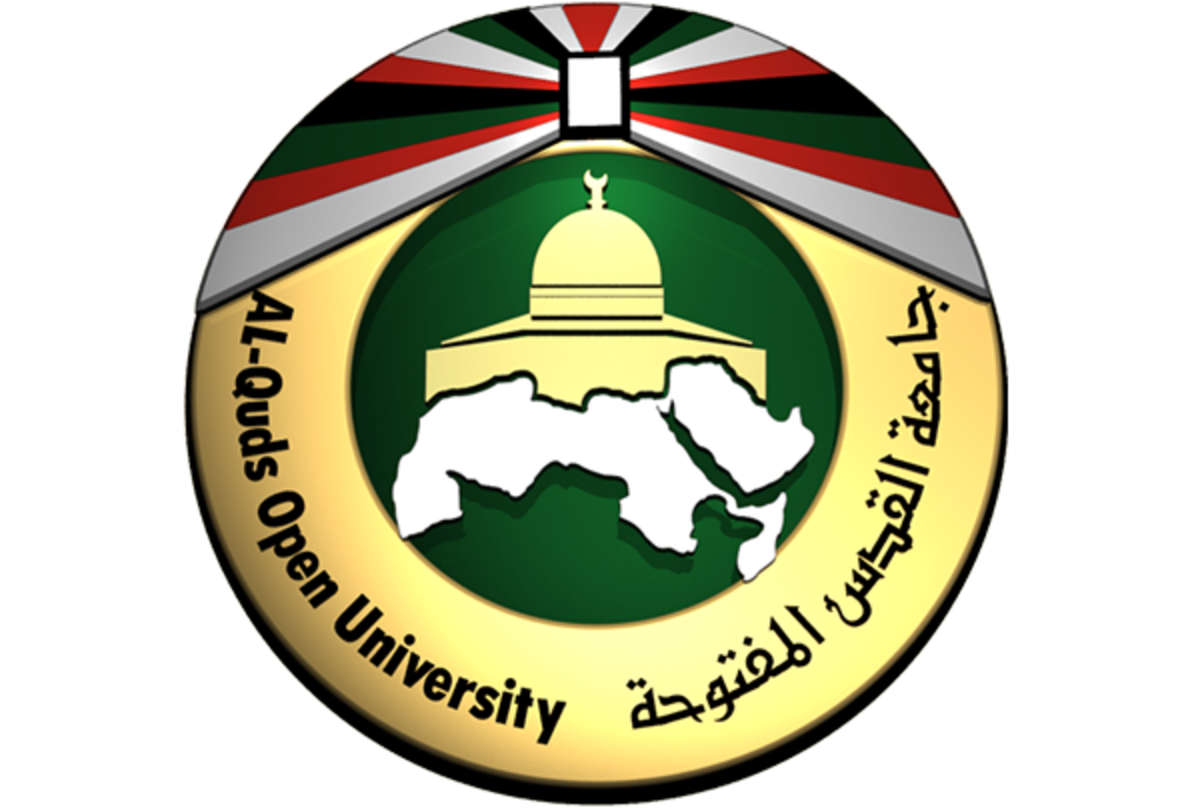Journal of Al-Quds Open University for Educational & Psychological Research & Studies

Article Title
The Flow State and its Relation with Self-worth among Volleyball players in Arab Mashreq States.
Abstract
This study aims at investigating the outgoing physiological levels and itsrelation with physical self for volleyball team players in eastern Arab countries.This study also aims at identifying the impacts of experience, and players’role and position on his physiology .To achieve this, a study population of 40team players from different volleyball champion leagues has been included.Rateb measurement tool (2004) has been used to measure the physiologyvariables .The sample consisted of 60 different sections distributed over 6fields: self- confidence, focus and attention, dealing with anxiety, listening,control and power and performance .The results showed that volleyball teamplayers physiological levels in eastern Arab countries were excellent, with atotal response factor of (%81.5) where the self confidence level was at the topscore of (%89.47) and dealing with anxiety at the bottom level with (%77.20).The result showed that there is a medium relation between psychologicalfluency and skills of the team players in eastern Arab countries .Differencesrelated to the experience factor in term of dealing with anxiety was in favorof the low experienced players, but in terms of control and power, it was infavor of the highly experienced players .Considering the player position, the differences appeared in four areas,focus and attention, dealing with anxiety, listening, control and power.Finally, the researcher recommends paying more attention to coaches’psychology and to have more psychology training sessions .
Recommended Citation
Al-Olwan, Bashir
(2015)
"The Flow State and its Relation with Self-worth among Volleyball players in Arab Mashreq States.,"
Journal of Al-Quds Open University for Educational & Psychological Research & Studies: Vol. 3:
No.
12, Article 2.
Available at:
https://digitalcommons.aaru.edu.jo/jaqou_edpsych/vol3/iss12/2

